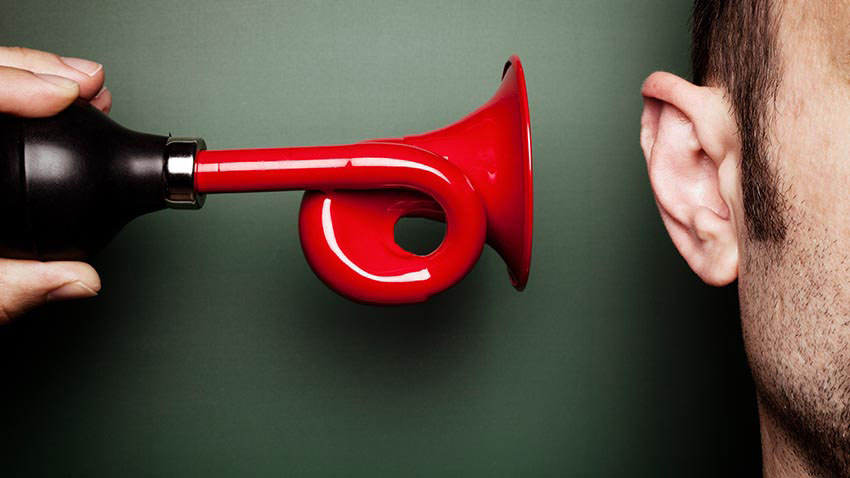It could be one of those obvious threats her mother was used to, but listening to loud music can lead to permanent hearing loss. And in order not to sound like your mother, turn down this music!
Given the number of digital devices in our world, we probably use more headphones than any previous generation. You can use them with your computer at work, while listening to music or watching videos on your phone, or with your iPod at the gym.
Whatever you wear, the constant sound increases the risk of hearing damage because our headphones are too loud otherwise a doctor ear scope is waiting for you for lifetime treatment.
What is the science behind loud music and hearing loss?
The dangers of headphones
The bad news is that listening to loud noises or music through earplugs can damage the tiny hairs in the inner ear that recognize sounds and transmit them to the brain. This can lead to permanent hearing loss over time.
If you play music through your headphones at maximum volume, you can be exposed to around 95-105 decibels and cause permanent damage in just 15 minutes.
In this context, a rock concert can produce 110 to 120 decibels, which is equivalent to a rock concert to your ears.
What do we have to do?
Scientists recommend a 60/60 rule: keep the volume below 60% and listen to headphones for only 60 minutes a day.
People think that headphones make more noise, but they are better than over-ear headphones. They reduce background noise so you can play music at a lower volume, reducing potential hearing damage.
Noisy concerts or clubs can cause damage
Anyone who has walked out of a concert or club with ringing in their ears or temporary deafness cannot pretend to be surprised to find that their ears can be damaged during performances.
Concerts or clubs can be exposed to very loud sounds for a long time. Unsurprisingly, this can lead to long-term damage. With a noise level of 120 decibels, you could damage your ears in the first minute of the show.
People who perform at a concert can often develop conditions such as tinnitus, which persist in the ears.
It almost seems counterproductive, but experts have suggested that people wear earplugs during exercise to avoid hearing damage. It may not sound very good, but it doesn’t coexist with a high-pitched sound that doesn’t go away.
What do we have to do?
Custom earplugs are ideal, of course, but you can take other steps to minimize side effects. Stand at least 10 feet from the speakers and rest your ears for at least 24 hours after long periods of exposure to loud music.
Try to limit conversation during loud performances, as yelling into a person’s ear can damage your ears.
What are the warning signs of hearing loss?
There are some warning signs that you may have damaged your hearing.
There may be ringing in the ears or increased sensitivity to loud noises. Other signs include better hearing in one ear than the other and an increase in the number of electrical devices such as televisions or radios.
If people suddenly start joking around or talking too fast, this could be a warning sign. They can always be difficult to understand, but if it’s a recurring problem and you’re the only one noticing it, it could be a sign that you need a check.
What do you have to do?
The first thing to do is consult a doctor. In case of injury, throw earplugs in noisy areas. It may appear a little late in the day, but it prevents further hearing loss.
Warning:
Otherwise, keep medical equipment supplier contacts in your phonebook list for lifetime hearing aid devices.
This blog can’t protect your hearing but can help you protect all of your music.
Security and surveillance products can help you keep your devices infection-free and protected for the future. So you no longer have to worry about losing all your music. Stay up-to-date on technology and online safety all the time with new researches made by scientists about heart abnormalities or hearing loss.

